-
 Bitcoin
Bitcoin $120400
1.77% -
 Ethereum
Ethereum $3615
7.90% -
 XRP
XRP $3.580
17.84% -
 Tether USDt
Tether USDt $1.001
0.06% -
 BNB
BNB $729.4
1.25% -
 Solana
Solana $179.9
5.04% -
 USDC
USDC $0.0000
0.01% -
 Dogecoin
Dogecoin $0.2311
8.22% -
 TRON
TRON $0.3226
4.04% -
 Cardano
Cardano $0.8490
12.85% -
 Hyperliquid
Hyperliquid $46.45
0.72% -
 Stellar
Stellar $0.4913
8.54% -
 Sui
Sui $4.027
2.00% -
 Chainlink
Chainlink $18.51
11.67% -
 Hedera
Hedera $0.2818
21.51% -
 Avalanche
Avalanche $24.03
7.40% -
 Bitcoin Cash
Bitcoin Cash $508.5
2.90% -
 Shiba Inu
Shiba Inu $0.00001496
3.24% -
 UNUS SED LEO
UNUS SED LEO $8.961
1.83% -
 Toncoin
Toncoin $3.264
3.13% -
 Litecoin
Litecoin $104.6
8.15% -
 Polkadot
Polkadot $4.389
6.11% -
 Uniswap
Uniswap $9.924
10.63% -
 Monero
Monero $337.9
0.49% -
 Pepe
Pepe $0.00001376
2.79% -
 Bitget Token
Bitget Token $4.830
2.46% -
 Ethena USDe
Ethena USDe $1.001
0.05% -
 Dai
Dai $1.000
0.02% -
 Aave
Aave $325.2
1.66% -
 Bittensor
Bittensor $423.7
-0.85%
What is Binance Liquid Swap?
Binance Liquid Swap lets users earn rewards by providing liquidity to token pairs, using an automated market maker model for seamless trading.
Jul 09, 2025 at 09:29 am
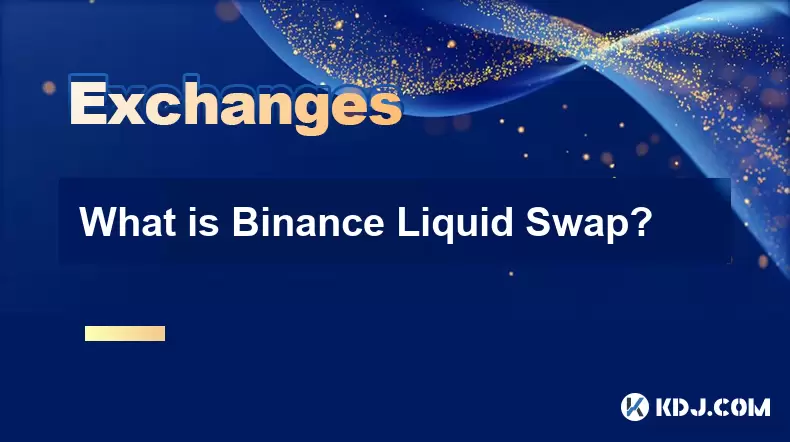
What Is Binance Liquid Swap?
Binance Liquid Swap is a decentralized finance (DeFi) product offered by Binance, one of the world’s largest cryptocurrency exchanges. It allows users to provide liquidity to various token pairs and earn rewards in return. Unlike traditional spot trading, where buyers and sellers directly trade assets, Liquid Swap operates on an automated market maker (AMM) model. This means that trades are executed against a liquidity pool rather than through order books.
The system enables users to deposit two tokens into a liquidity pool and receive Liquidity Provider (LP) tokens as proof of their contribution. These LP tokens can be used for further yield farming or staking activities within the Binance ecosystem. The primary goal of Binance Liquid Swap is to facilitate seamless token swaps while offering liquidity providers opportunities to generate passive income.
How Does Binance Liquid Swap Work?
At its core, Binance Liquid Swap functions using smart contracts that manage liquidity pools. Each pool consists of two or more tokens in a specific ratio. When users want to swap one token for another, they interact with these pools instead of waiting for a counterparty.
Here’s how it works:
- Users deposit equal value of both tokens into the pool.
- In return, they receive LP tokens representing their share of the pool.
- Traders pay a small fee when swapping tokens, which is distributed proportionally to liquidity providers.
- Smart contracts automatically adjust prices based on supply and demand using formulas like x y = k*.
This mechanism ensures continuous liquidity availability without relying on traditional order matching systems. However, users should be cautious about impermanent loss, which occurs when the price of deposited tokens changes significantly compared to when they were added to the pool.
Steps to Participate in Binance Liquid Swap
If you're interested in becoming a liquidity provider, here's a step-by-step guide:
- Navigate to the Binance Liquid Swap page on the Binance website or app.
- Select the token pair you want to contribute to, such as BNB/USDT or BTC/BUSD.
- Approve the smart contract to access your wallet funds if this is your first time using the service.
- Enter the amount of each token you wish to deposit.
- Confirm the transaction through your wallet interface.
- Once confirmed, you’ll receive LP tokens representing your stake in the pool.
You can monitor your earnings in real-time from swap fees and also choose to stake your LP tokens in Binance Earn products for additional yield. Always ensure that you understand the risks involved before committing funds.
Earnings and Rewards from Binance Liquid Swap
Liquidity providers earn income through multiple channels:
- Swap fees: Every time someone uses the pool to exchange tokens, a portion of the fee goes to liquidity providers.
- Yield farming: LP tokens can be staked in other DeFi protocols or Binance Earn products to compound returns.
- Token incentives: Occasionally, Binance offers bonus tokens or promotions for certain pools to encourage participation.
Earnings are calculated based on the proportion of liquidity you provide relative to the total pool size. For example, if you contribute 1% of the pool’s liquidity, you’ll receive 1% of the fees generated. You can track your performance via the Binance dashboard, which provides detailed analytics on daily earnings, impermanent loss, and overall ROI.
It's important to note that earnings fluctuate depending on trading volume, volatility, and the number of participants in the pool.
Risks Involved in Using Binance Liquid Swap
While Binance Liquid Swap offers attractive earning potential, it also comes with several risks:
- Impermanent loss: This occurs when the value of tokens in the pool diverges due to market movements. If one token appreciates significantly, you might end up with fewer tokens than if you had held them separately.
- Smart contract risk: Although Binance audits its protocols, there's always a chance of bugs or exploits.
- Market risk: Liquidity providers are exposed to the price fluctuations of the underlying assets.
- Slippage: Large trades can cause slippage, especially in pools with low liquidity.
To mitigate these risks, consider diversifying across different pools, monitoring your positions regularly, and only investing what you can afford to lose. Also, make sure to keep your software and wallets updated to protect against security threats.
Frequently Asked Questions (FAQ)
Q: Can I withdraw my liquidity anytime?
Yes, you can remove your liquidity at any time by burning your LP tokens. However, doing so may result in realized impermanent loss if the token prices have changed significantly since you deposited.
Q: What happens to my LP tokens if I lose them?
Your LP tokens represent ownership of your share in the pool. If you lose access to them, you won’t be able to reclaim your liquidity. Always store your recovery phrases securely and never share your private keys.
Q: Are there minimum deposit requirements?
There is no strict minimum deposit, but you must deposit equal value of both tokens in the pair you're contributing to. Some pools may require higher amounts due to gas fees or network congestion.
Q: How often are swap fees distributed?
Swap fees are distributed in real-time as traders execute transactions. Your earnings are reflected instantly in your account once the fees are accrued.
Disclaimer:info@kdj.com
The information provided is not trading advice. kdj.com does not assume any responsibility for any investments made based on the information provided in this article. Cryptocurrencies are highly volatile and it is highly recommended that you invest with caution after thorough research!
If you believe that the content used on this website infringes your copyright, please contact us immediately (info@kdj.com) and we will delete it promptly.
- Bitcoin, MSTR & Saylor's Strategy: A Winning Trifecta?
- 2025-07-18 08:30:13
- Bitcoin Mortgages Down Under: A New Wave in Australian Homeownership?
- 2025-07-18 08:50:12
- Cryptocurrencies, Bitcoin, and the Next Wave: What's Coming?
- 2025-07-18 08:50:12
- Maharashtra Government Nurses Launch Indefinite Strike: A Healthcare Crisis?
- 2025-07-18 04:30:13
- Hilbert Group, Syntetika, and Tokenization: Bridging DeFi and Institutional Finance
- 2025-07-18 05:30:12
- Crypto Regulation in the US House: Decoding the CLARITY Act and What It Means for You
- 2025-07-18 04:30:13
Related knowledge

Is KuCoin Earn safe?
Jul 18,2025 at 10:14am
What is KuCoin Earn?KuCoin Earn is a service provided by the cryptocurrency exchange KuCoin that allows users to earn interest on their crypto holding...
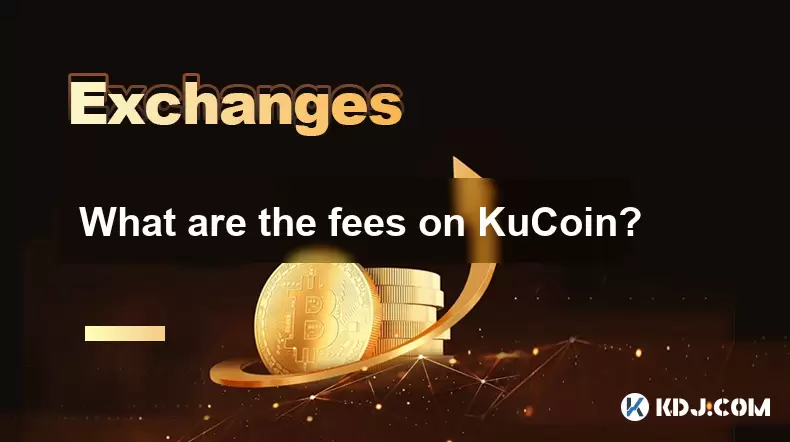
What are the fees on KuCoin?
Jul 18,2025 at 11:42am
Overview of KuCoin FeesKuCoin is a popular cryptocurrency exchange platform known for its wide range of supported cryptocurrencies and user-friendly i...
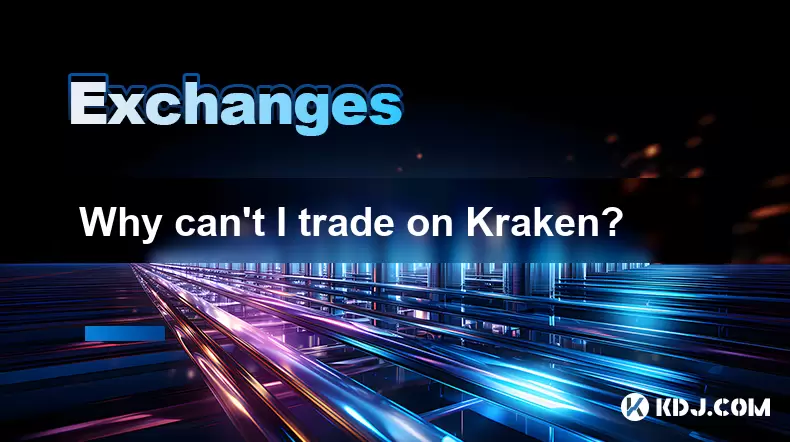
Why can't I trade on Kraken?
Jul 18,2025 at 10:35am
Account Verification IssuesIf you're unable to trade on Kraken, one of the most common reasons is incomplete account verification. Kraken requires use...
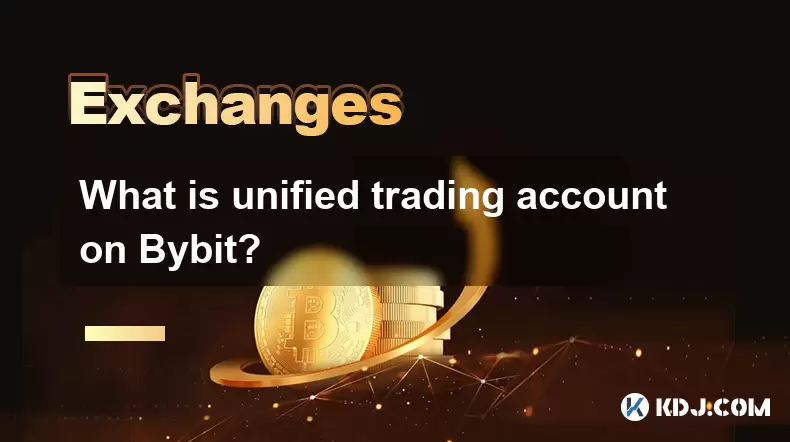
What is unified trading account on Bybit?
Jul 18,2025 at 10:28am
Understanding the Unified Trading Account on BybitThe unified trading account on Bybit is a feature designed to streamline the trading experience by c...
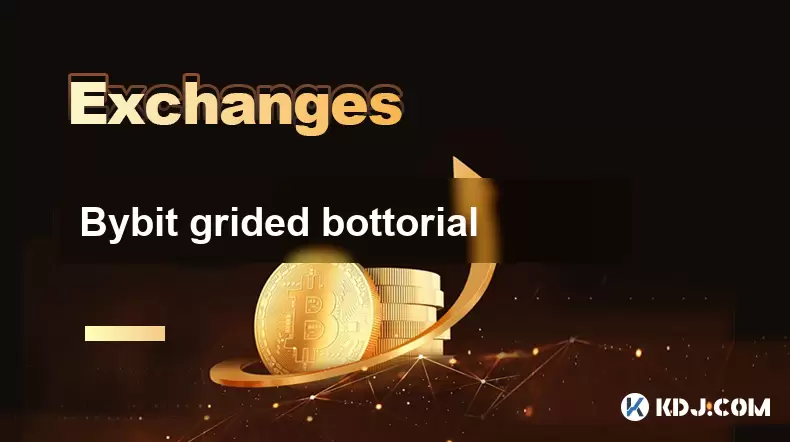
Bybit grided bottorial
Jul 18,2025 at 07:08am
Understanding the Grid Bot on BybitA grid bot is a type of automated trading tool that allows users to execute trades based on a predefined price grid...
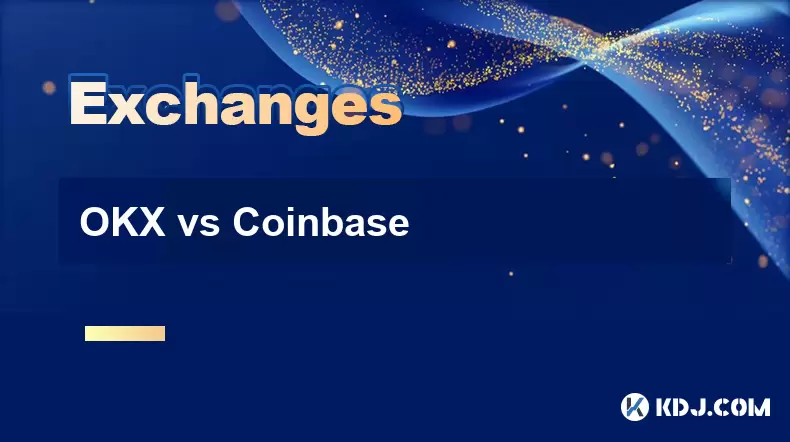
OKX vs Coinbase
Jul 18,2025 at 09:21am
Introduction to OKX and CoinbaseOKX and Coinbase are two of the most prominent cryptocurrency exchanges in the global market. While both platforms off...

Is KuCoin Earn safe?
Jul 18,2025 at 10:14am
What is KuCoin Earn?KuCoin Earn is a service provided by the cryptocurrency exchange KuCoin that allows users to earn interest on their crypto holding...

What are the fees on KuCoin?
Jul 18,2025 at 11:42am
Overview of KuCoin FeesKuCoin is a popular cryptocurrency exchange platform known for its wide range of supported cryptocurrencies and user-friendly i...

Why can't I trade on Kraken?
Jul 18,2025 at 10:35am
Account Verification IssuesIf you're unable to trade on Kraken, one of the most common reasons is incomplete account verification. Kraken requires use...

What is unified trading account on Bybit?
Jul 18,2025 at 10:28am
Understanding the Unified Trading Account on BybitThe unified trading account on Bybit is a feature designed to streamline the trading experience by c...

Bybit grided bottorial
Jul 18,2025 at 07:08am
Understanding the Grid Bot on BybitA grid bot is a type of automated trading tool that allows users to execute trades based on a predefined price grid...

OKX vs Coinbase
Jul 18,2025 at 09:21am
Introduction to OKX and CoinbaseOKX and Coinbase are two of the most prominent cryptocurrency exchanges in the global market. While both platforms off...
See all articles

























































































